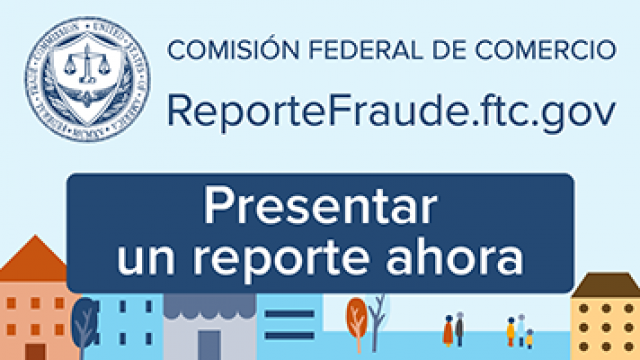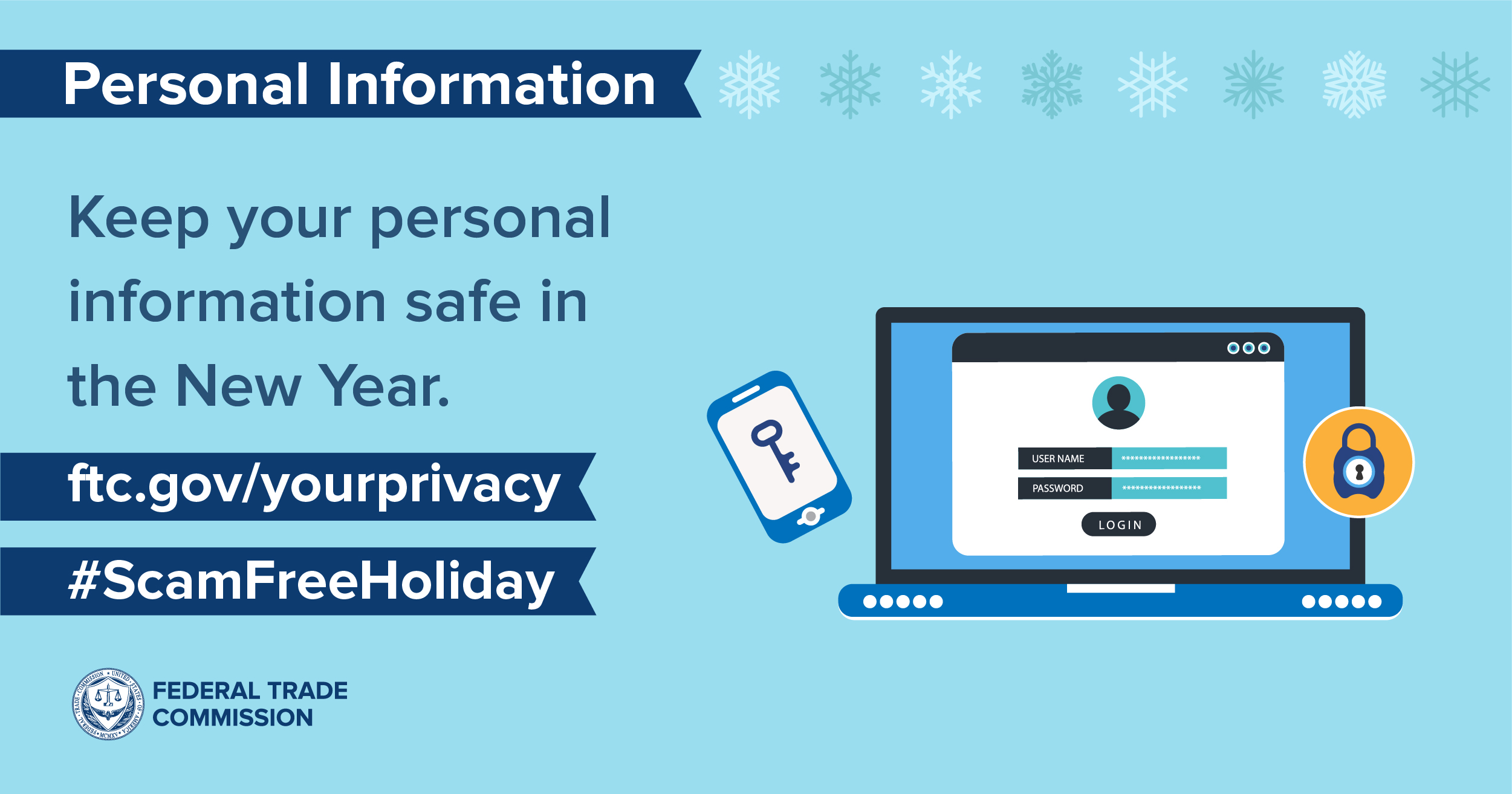Learn about the latest scams, and get advice to help you avoid, report, and recover from them.
Displaying 81 - 100 of 647
Consumer Alert
An unexpected package from an unknown sender arrives in your name. You open it and find a note that says it’s a gift, but it doesn't say who sent it. The note also says to scan a QR code to find out who sent it — or to get instructions on how to return it. Did someone really send you a gift? Or is it an attempt to steal your personal information?
Consumer Alert
Whether you’ve driven through a toll recently or not, you might’ve gotten a text saying you owe money for unpaid tolls. It’s probably a scam. Scammers are pretending to be tolling agencies from coast to coast and sending texts demanding money. Learn how the scam works so you can avoid it.
Consumer Alert
Are you interested in learning more about how to protect yourself from identity theft? Check out Identity Theft Awareness Week. During the week, the FTC and its partners will host free webinars and other events to talk about how to spot, avoid, report, and recover from identity theft. Mark your calendars. Identity Theft Awareness Week starts Monday, January 27!
Consumer Alert
Say you’re looking for ways to make extra cash and see an ad for a gig doing lawn or handy work, house cleaning, or assembling furniture. What they promise you’ll make per hour sounds good. When you complete the work, you expect to make what you saw advertised, right? But the FTC says that’s not what happened for most people who signed up for gigs on the Handy Technologies platform.
Consumer Alert
If you’re thinking about upgrading your phone, here are four easy steps to remove your personal information from your phone before you trade it in.
Consumer Alert
With scammers targeting our entire life savings with their schemes, we all need to be alert and know how to detect their latest tricks. Something as simple as talking about scams you know about is a great way to help you and your community stay protected. And being part of this solution doesn’t require training or a lot of time!
Consumer Alert
Scammers are impersonating attorneys and law firms, offering immigration services on social media. The posts on Facebook and other platforms might be in English or your preferred language. If you press like or leave a comment, they’ll contact you and guarantee you’ll get a work permit, green card, or citizenship — but it’s a scam. How do you spot and avoid the scammers?
Consumer Alert
You’re probably getting emails, texts, and calls asking for end-of-year donations. It’s the season of giving, after all. Scammers know this is a popular time to donate, so they’re out there, too, trying to trick people into giving to them instead of a real charity.
Consumer Alert
Doing some holiday shopping? Here’s a type of gift card scam to look out for: scammers can get the gift card number and PIN before you buy the card. So if gift cards are on your holiday shopping list, keep reading.
Consumer Alert
During the holidays, adding a dog, cat, or other adorable animal to the family is top of mind for many, and scammers know it. While there are lots of fur babies waiting for their forever home, scammers try to take advantage of the situation by posting fake ads for pets — all designed to take your money and leave you in the doghouse. Here’s what to know.
Consumer Alert
If you need a job, that text messaging offering a full- or part-time position you didn’t apply for might seem great. You might be thinking, why not check it out? Unfortunately, it’s likely a job scam.
Consumer Alert
During the holiday season, you might expect to get more deliveries. Some might even be surprise gifts. Scammers are counting on that when they send fake delivery notifications to you by email and text, hoping you’ll click. Here’s how to spot these scams.
Consumer Alert
There’s no shortage of good causes to donate to this holiday season. But before you give somewhere new, make sure you’re not donating to a scam.
Consumer Alert
As the holiday season approaches, it seems like there are more and more fake shopping sites. The ads on social media show expensive products like electric scooters, designer bags, and other popular toys and gifts at unbelievably low prices. Many of these bogus sites use photos and logos the scammers steal from legitimate businesses, but they won’t send you authentic products. If you’re wondering how to avoid these phony offers, there are a few ways to help you detect them.
Article
People are losing big money to scammers running complicated scams. Here’s how the scam works.
Consumer Alert
Looking to get or switch your Marketplace health insurance during open enrollment (November 1, 2024 – January 15, 2025)? Don’t click on ads that say they offer free things like phones or cash cards for gas, groceries, or bills to those who enroll in a health insurance plan. They’re probably scams. Instead, use the official Health Insurance Marketplace to find plans you qualify for, get help signing up, or enroll in the plan you choose directly.
Consumer Alert
Mortgage interest rates may be on the way down, but scammers’ false promises are likely on the way up. If you’re looking to lower your mortgage payment — by refinancing your home or VA loan — learn about your options and how to avoid mortgage relief scams.
Consumer Alert
We recently shared advice to help you safeguard the personal information in your accounts, on your computer, and on your phone to protect it from identity theft. But scammers aren’t just after your data. They want your hard-earned cash, too. Here are some common scams to watch out for.
Consumer Alert
No one likes waiting in airport security lines. To speed things up, some people opt to get TSA PreCheck. Scammers know this and send emails that look like they're from TSA PreCheck — but they’re not. The emails want you to click a link that takes you to a scam website that only looks like the official site — but it’s not. If you pay to “enroll” or “renew” your TSA PreCheck, you may not even realize you’ve paid a scammer until you get to the airport for your next trip. But there are ways to spot these scams.
Displaying 81 - 100 of 647




